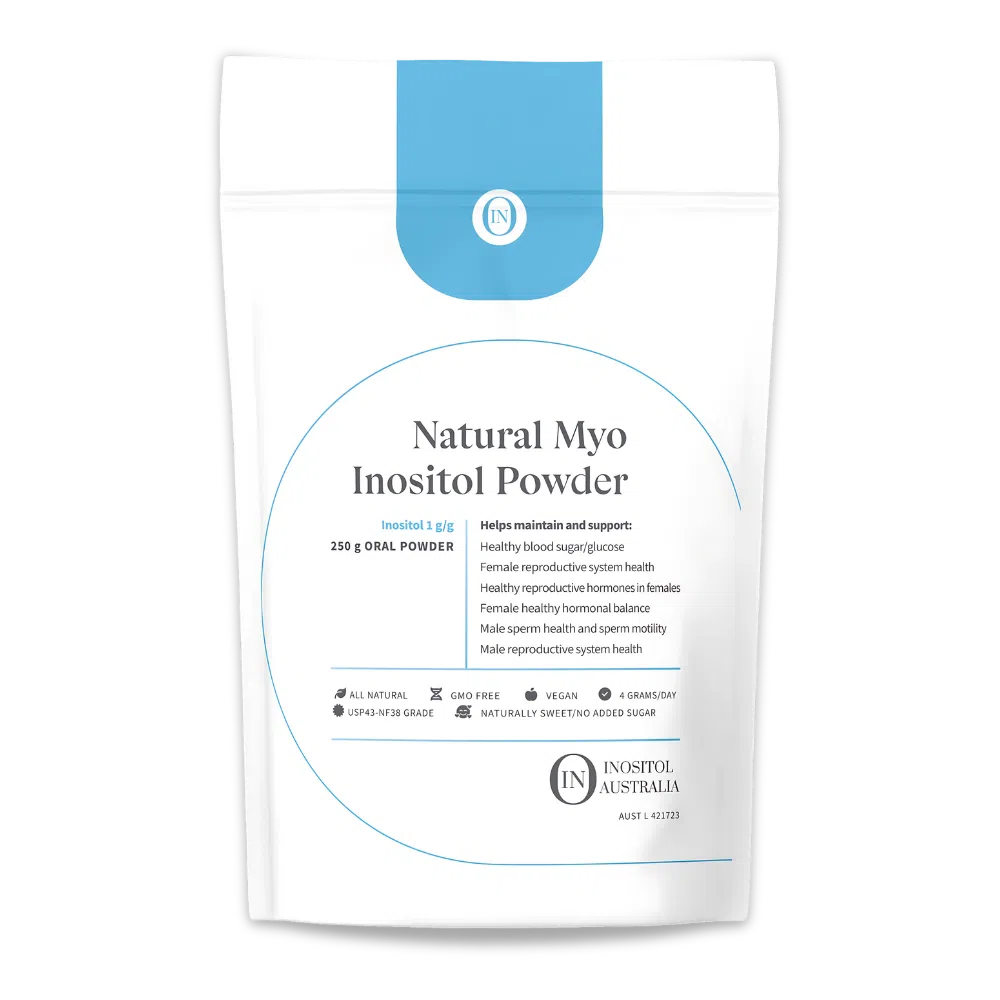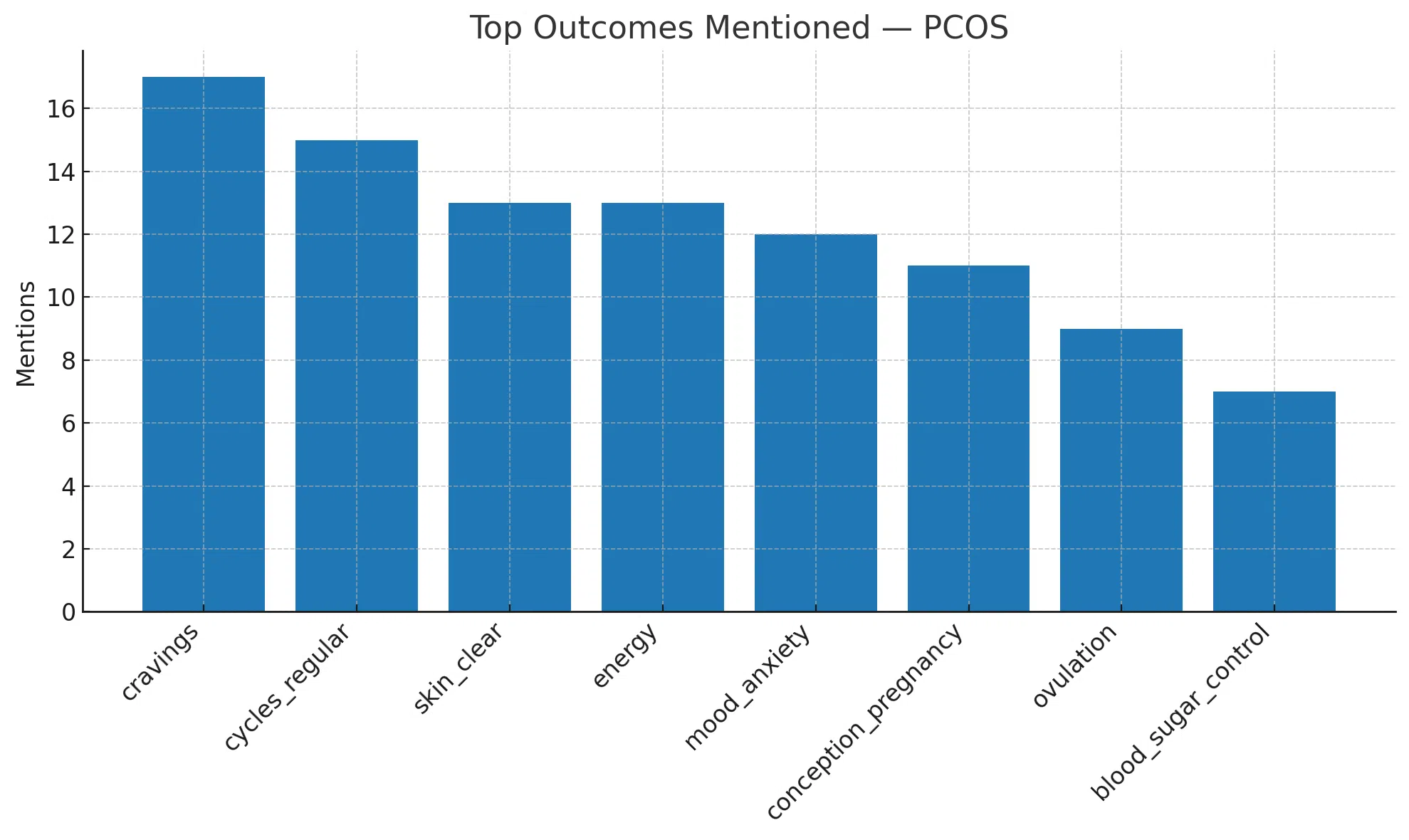How to Have a Healthy PCOS Pregnancy
Polycystic Ovary Syndrome (PCOS) is a common endocrine disorder that affects an estimated 6 to 15% of women of reproductive age. Some symptoms of PCOS go undetected but it usually affects a woman’s fertility. That’s why women typically find out that they have this condition when they are trying to get pregnant.
[lwptoc]
What is PCOS?
PCOS is actually a high number of eggs in the ovaries. These eggs present like cysts and there are no actual cysts on the ovaries. Instead, the high number of eggs causes irregular periods and infrequent ovulation. Symptoms for women with PCOS typically are:
- Irregular or no periods
- Weight gain
- Thinning hair
- Excessive facial hair
- Emotional problems.
The main hormonal imbalance that women with PCOS might experience is a problem with sugar metabolism. This is called insulin resistance which simply means that your body starts to ignore the hormone insulin, which triggers the body to take glucose out of the blood for energy. This could explain why you may feel tired.
If you are not pregnant then the normal birth control can help. However, because PCOS directly affects the reproductive hormones, then it can make it hard to get pregnant and causes issues throughout. When you have a PCOS pregnancy the risk of miscarriage, pre-term birth and other health issues increase.
If you have been diagnosed with PCOS and are experiencing difficulties falling pregnant, then it’s important to understand these increased risks.
Understanding Your Diagnosis
If you have yet to be diagnosed, or have questions about your diagnosis, then it is important to speak with your doctor.
Individuals with PCOS show a decrease in oestrogen and an increase in androgens. The increase in androgen production interrupts the regular menstrual cycle functions and could delay or stop your body from ovulating (which is the release of eggs that will allow your body to get pregnant). Your body is still producing oestrogens, so ovulation is still occurring, it just becomes harder for you to track and harder for your body to regulate. Essentially, there are some irregularities with your hormone production compared to typical female reproductive hormone cycles.

Basal Body Temperature Tracking
Most women with PCOS find that tracking their menstrual and ovulatory cycles can help to identify fertile windows – and this is true. Tracking cycles is done by taking your temperature every morning to identify your body’s Basal Body Temperature (BBT). Your Basal Body Temperature shows your resting body temperature, so it is typically taken in the morning before any activity is done.
With BBT tracking, you want to look at trends in temperature so that is why you should take your temperature every morning. You can identify trends associated with your menstrual cycle changes, such as ovulation and menstruation. For example, if your body is usually sitting around 36.4C (97.5F), but jumps to 37.0C (98.5F), then that could signal that you’re ovulating. The reason for this rise in temperature is because your estrogen levels peak at the end of your follicular phase, and this causes a surge in luteinizing hormone and follicle-stimulating hormone and alerts your body to release an egg.
Since the egg only stays in your system for so long, its important to identify this window of fertility. Try downloading an app such as Glow or Clue to learn about your cycle tendencies, and you can learn more about ovulation here.
Outside of these natural remedies, your doctor might recommend fertility tests to understand the probabilities around getting pregnant and eventually medical treatment. Sometimes surgery is recommended to remove the tissues that are producing the excess androgens if it is possible, so surgery could be something for you and your doctor to consider.
In vitro fertilisation has also shown a strong chance of successful pregnancy, but this option is much more invasive and expensive. As with any invasive medical technology, these medical interventions should be your last resort and something you discuss thoroughly with your doctor and loved ones.
Being PCOS Pregnant
In addition to experiencing trouble conceiving, there are risks associated with a PCOS pregnancy. If you’re looking to become pregnant and you hav
PCOS pregnant women have a higher risk of gestational diabetes. This is because PCOS typically causes problems with metabolising sugar. Because your body isn’t processing sugar like it is supposed to, then this increases the risk of insulin resistance (diabetes) in women with PCOS, and for some reason, this risk is elevated more so when pregnant.
Gestational diabetes can occur during the second part of any pregnancy and it goes away once the baby is born. The normal treatment is to follow a low-sugar, low-fat diet, get plenty of exercise and take insulin as required. Research has also shown that Inositol powder can be helpful in preventing gestational diabetes.
Unfortunately, gestational diabetes often forces a premature birth. Babies born from a mother with gestational diabetes are typically larger than babies born expected for their gestational age and they are usually delivered early by caesarean delivery.
Other complications that can arise from PCOS include miscarriage or the baby being submitted to the intensive care unit. A woman with PCOS pregnancy might also experience pregnancy-induced high blood pressure, also known as preeclampsia.
Speak to your doctor immediately if you are experiencing symptoms preeclampsia, as it could lead to eclampsia, which can cause organ damage, seizures and death. Most women who experience eclampsia during pregnancy are treated by pre-term delivery.
Based on these possibilities, it is important to speak with your doctor so you understand your PCOS pregnancy.
Emotional Stressors
Women with PCOS pregnancies not only have to worry about health, but they might also experience emotional distress. As with any pregnancy, it is important to learn what your body should and shouldn’t do. Do not stress and continue to exercise regularly.
In PCOS pregnancies, there is an added emotional stress around the potential to miscarry. Women with PCOS pregnancies are three times more likely to miscarry in the early months of pregnancy. This is due to the increased chance of gestational diabetes, pregnancy-induced hypertension and preeclampsia.
Therefore, PCOS pregnancy can be a stressful time for expecting mothers. Having proper family and medical support will help to alleviate some of the stresses associated with a PCOS pregnancy.
PCOS Pregnancy Conclusion
A PCOS pregnancy should not be taken lightly. Talk to your doctor about the ways PCOS might affect you and your baby. There is also a 50% chance that a girl born from a PCOS mother will have PCOS as well.
It’s important to understand the risks of PCOS pregnancy when trying to conceive as well. Monitoring your stress and practising healthy habits while pregnant can increase your chances of a healthy pregnancy.
-
Sale!
Natural Myo Inositol for Fertility & Pregnancy
Price range: $ 33.00 through $ 198.00 Select options This product has multiple variants. The options may be chosen on the product page -
Vital Zing Water Drops
$ 6.45 Select options This product has multiple variants. The options may be chosen on the product page




